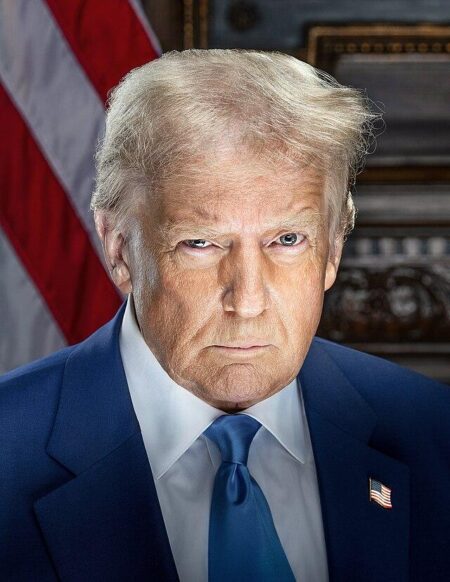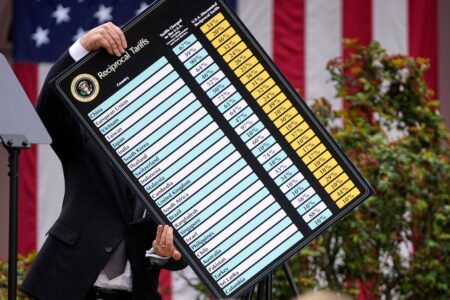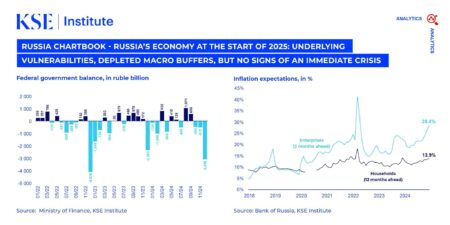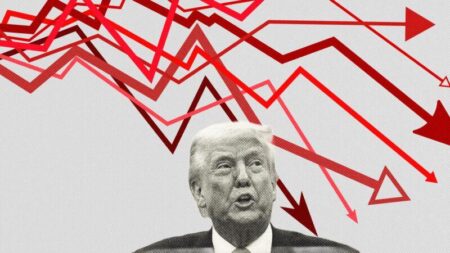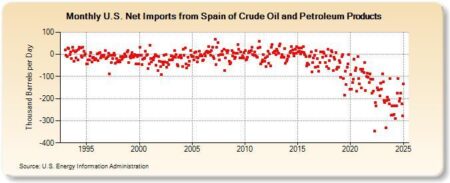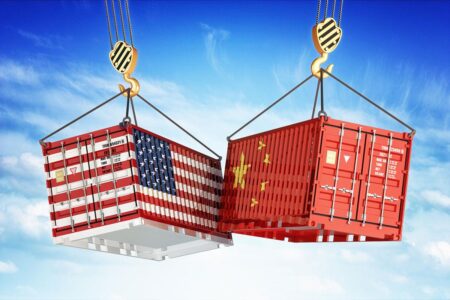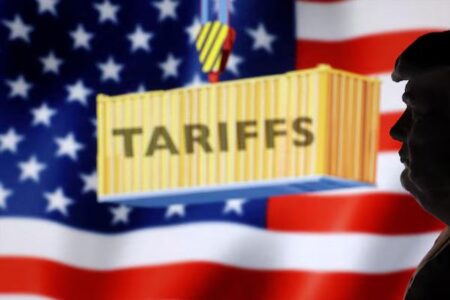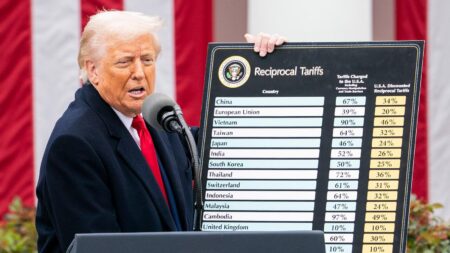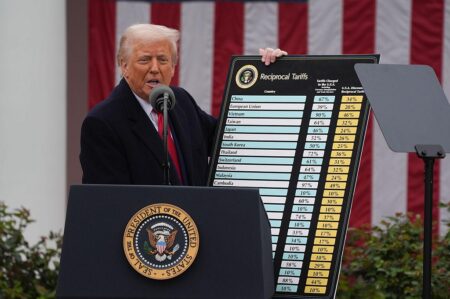Blackfeet tribal members have initiated a lawsuit against the federal government, challenging recent tariffs imposed on goods entering Canada. The legal action underscores ongoing tensions over trade policies and their impact on Indigenous economies in Montana.
Browsing: economic impact
Argentina has launched an official inquiry into the LIBRA memecoin scandal, raising concerns over potential fraud and investor protection. Authorities aim to clarify the cryptocurrency’s impact on the local economy and safeguard citizens’ interests.
A new Universal theme park is set to open in the UK, with officials projecting an economic boost of billions of pounds. The anticipated attraction aims to create thousands of jobs and attract millions of visitors, revitalizing the local economy.
Starting April 9, Canada will implement counter-tariffs on U.S.-made vehicles. This move targets a range of automobiles and auto parts, potentially raising prices for consumers and impacting trade relations between the two nations.
The Kremlin is experiencing heightened concern as the price of Russian Urals crude oil approaches the critical $50 threshold. This significant drop could hamper state revenues, further exacerbating the economic challenges faced amid ongoing sanctions.
In the wake of escalating trade tensions, former President Trump must remember the core issues that drove his election: American voters prioritize economic stability and affordable prices. A trade war could jeopardize those gains, alienating the very supporters he needs.
Brazil could emerge as a significant beneficiary of the U.S. tariffs on imports, economists suggest. As American companies seek alternative suppliers, Brazilian exports in agriculture and manufacturing may see a substantial boost.
In a bold move, former President Donald Trump has threatened to impose an additional 50% tariff on Chinese imports, potentially driving total tariffs beyond the 100% mark. This escalation raises concerns about the impact on U.S.-China trade relations and global markets.
Canada has launched a series of billboards across Florida to combat the impact of tariffs imposed by former President Trump. The campaign aims to highlight the benefits of trade between Canada and the U.S., promoting a message of cooperation and economic partnership.
In a significant split among Alaska’s congressional delegation, Senator Lisa Murkowski voted to oppose tariffs on Canadian goods, arguing they harm local economies. Meanwhile, Senator Dan Sullivan supported the tariffs, emphasizing national trade interests.
Despite the recent decline in the Australian dollar and stock market, experts warn that the United States stands to lose the most from Trump’s escalating tariff war. Analysts emphasize that unintended consequences may hit American consumers and producers hardest.
Russia’s economy faces a severe crisis as oil prices plummeted by 31%, marking a significant blow to President Vladimir Putin’s financial stability. The sharp decline raises concerns about the nation‚Äôs fiscal resilience and potential implications for global markets.
Trade tensions escalate as China’s retaliation to U.S. tariffs intensifies, prompting fears of a global economic slowdown. Markets react negatively, reflecting uncertainty and revealing the potential for prolonged trade disruption between the two powers.
As tensions escalate in the trade war, Canadian snowbirds are rethinking their annual pilgrimage to Florida. Many are selling properties and canceling planned trips, citing economic uncertainty and rising costs as key factors in their decisions.
Spain’s Oil Imports from Venezuela Surge 60% Ahead of‚Ā§ U.S. Sanctions Amid Shifting Global Energy Dynamics In a notable shift…
China has imposed a 34% tariff on select U.S. imports in response to escalating trade tensions. Analysts debate whether this move is a strategic escalation or a bid to de-escalate relations. The impact on global markets and diplomatic ties remains uncertain.
In response to plummeting stock markets and escalating trade tensions, former President Donald Trump asserted that his tariff policies ‚ÄúWILL NEVER CHANGE.‚ÄĚ This statement comes amid increased scrutiny from China, which is adjusting its strategies in light of U.S. tariffs.
The UK’s FTSE 100 experienced its largest daily decline since the onset of the pandemic, driven by renewed concerns over Trump’s tariffs. Market analysts warn that the tariffs could disrupt global trade and economic recovery efforts.
Former President Trump’s proposed 24% tariff on Japanese imports could significantly affect camera and lens prices in the U.S. Market analysts warn that this policy may lead to increased costs for consumers, disrupting the photography industry supply chain.
President Trump’s recent tariffs have surpassed initial expectations, prompting significant economic implications. Key takeaways include heightened consumer prices, strained international relations, potential job losses in key sectors, and unpredictable market reactions.






